ICMR’s target to release COVID-19 vaccine on Aug 15 is unrealistic, say experts
Sat 04 Jul 2020, 00:26:37
.jpg)
Even as the Indian Council of Medical Council is hoping to launch its COVID-19 vaccine for public use latest by August 15 after completion of all clinical trials, many experts and scientists say the target is “unrealistic” and “impossible.”
Vaccine candidate Covaxin, jointly developed by Bharat Biotech, ICMR and the National Institute of Virology, has just been cleared to conduct Phase-I and Phase-II human trials by the Drug Controller General of India.
Terming it the “urgency to launch the vaccine” and “in view of public health emergency,” ICMR director general Balram Bhargava in a letter to 12 selected clinical trial sites asked them to "fast track all approvals related to the initiation of the clinical trial, and ensure that the subject enrolment is initiated no later than July 7, 2020.”
Besides verbal confirmations, there has been no formal announcement from ICMR or Health Ministry and even Bharat Biotech stayed away from making any comments on the trial process.
In absence of any official statement, many vaccine specialists feel there may have been a printing error causing and the actual target launch date could be August 2021, and not August 2020.
Dr Davinder Gill, vaccine expert and former CEO of Hilleman Labs told CNBC-TV18 that developing a full-fledged vaccine by August 15, 2020, was scientifically not possible. "ICMR should admit it was a typo. (The date) should be 2021...that will take away the hysteria and make people focus on real work."
Vaccines are complex to develop largely owing to stringent safety studies needed because it is meant to be given to healthy humans. Compressing the stages of testing and trials severely compromises on the safety assurance, say experts.
Six months into the COVID-19 pandemic, there are more than 200 vaccine candidates in development, the World Health Organization has identified 17, which are undergoing clinical trials.
Dr Suresh Jadhav, executive director at Serum Institute of India too has voiced doubts if ICMR will be able to meet the August 15 launch date target.
“In my opinion, vaccine launch is not possible by Aug 15,” he told CNBC-TV18.
A senior scientist who has been on various global vaccine development projects highlighted said, “Even if done with little caution, phase 1 trial itself is not possible in this time frame, let alone public health use of the
vaccine.”
vaccine.”
Given the alarming rate at which the virus has been spreading and the dire need to fast track vaccine and drug development, the WHO has advised that companies and researchers can look at simultaneous or parallel trials and/or combining different phase of trials.
However, even with abbreviated trials, experts say it will take on an average 5-6 months to study both safety and efficacy of the vaccine against the virus.
Every phase of the clinical trial is studying the safety of the vaccine and hence cannot be compromised. At the end of the day, vaccines are to be administered to healthy individuals.
“Most vaccines are administered to millions upon millions of people from all ages, classes, socio-economic structures and gender. Therefore, even a small adverse effect, seen in a small subset of people can sometimes become unacceptable,” Dr Gill wrote in a column.
Bharat Biotech’s vaccine candidate is an inactivated virus. Using an inactive virus/bacterium for vaccine development has been an established and time-tested platform. However, inactivated virus vaccines also have the potential to be dangerous and hence need to go through clinical testing for the safety signals.
Both short term and long-term reactions of the vaccines on human body and pathophysiology need to be studied. “It is not possible to hurry up a human immune response. We have to wait to see,” said a scientist on the ICMR’s COVID-19 task force.
There have been previous incidents of “Antibody-dependent enhancement” with vaccines being developed for other types of SARS coronavirus previously. This means the vaccine may itself enhance the disease, if not developed and tested well.
A COVID-19 vaccine will be for the world and hence the product and clinical trials have to be approved and endorsed by the World Health Organisation too.
“So, it is not only our regulators, but when we are supplying to GAVI or UNICEF or PAHO or looking out for markets outside India, we have to take into account external regulatory requirements as well. Indian regulators will not take any chance with respect to the safety and quality,” Jadhav said.
"Vaccine for "public health use” is an extremely high hurdle to jump. Had it been just for military use like China has decided it would have been a different situation. But here due to public exposure, stakes are very high," Dr Gill said.
No Comments For This Post, Be first to write a Comment.
Most viewed from National
Most viewed from World
AIMIM News
Latest Urdu News
Most Viewed
May 26, 2020
Where should be the burial of the pilgrims martyred in the Saudi Arabia bus accident?
Latest Videos View All
Like Us
Home
About Us
Advertise With Us
All Polls
Epaper Archives
Privacy Policy
Contact Us
Download Etemaad App
© 2025 Etemaad Daily News, All Rights Reserved.

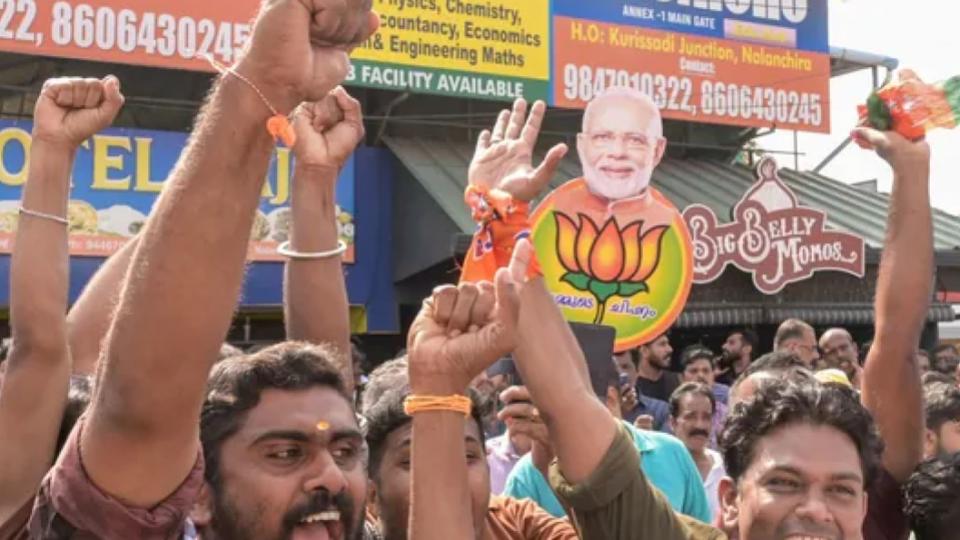
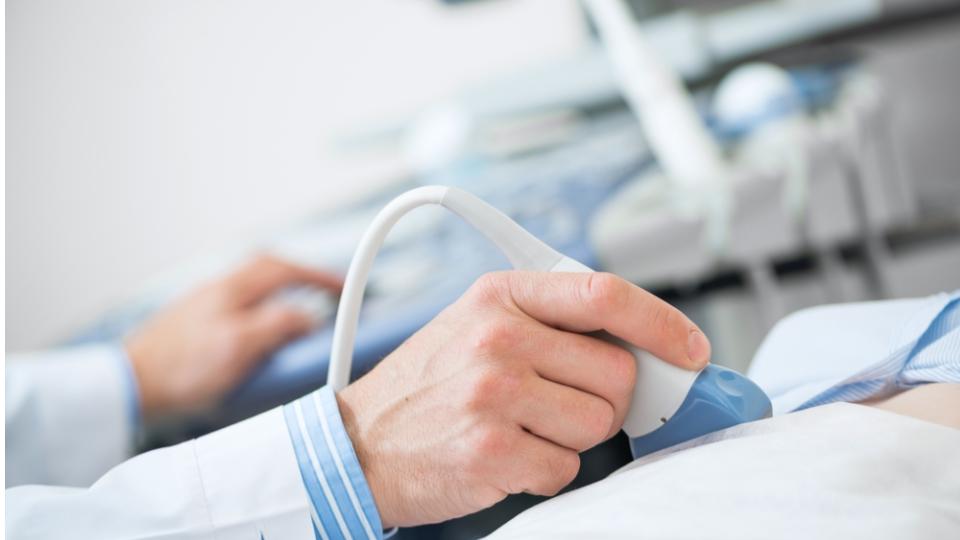
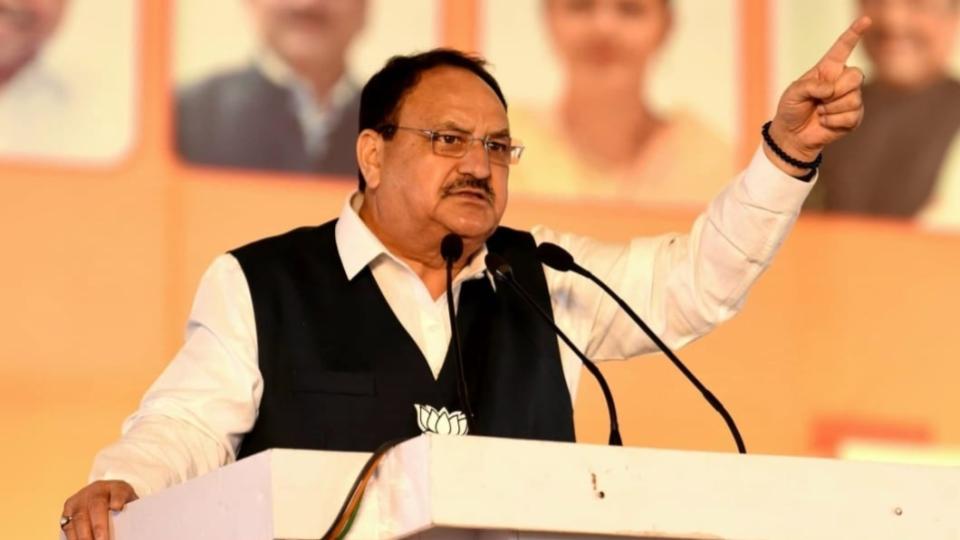
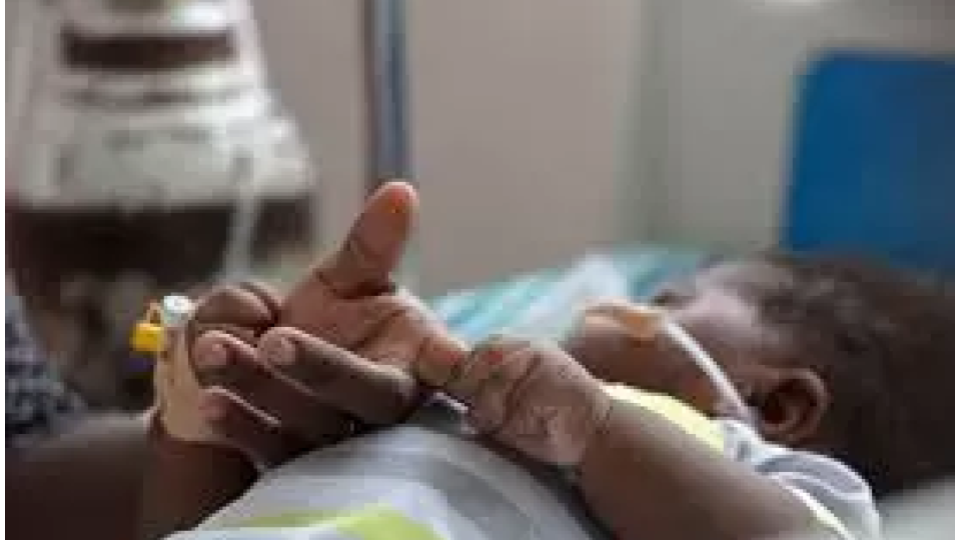
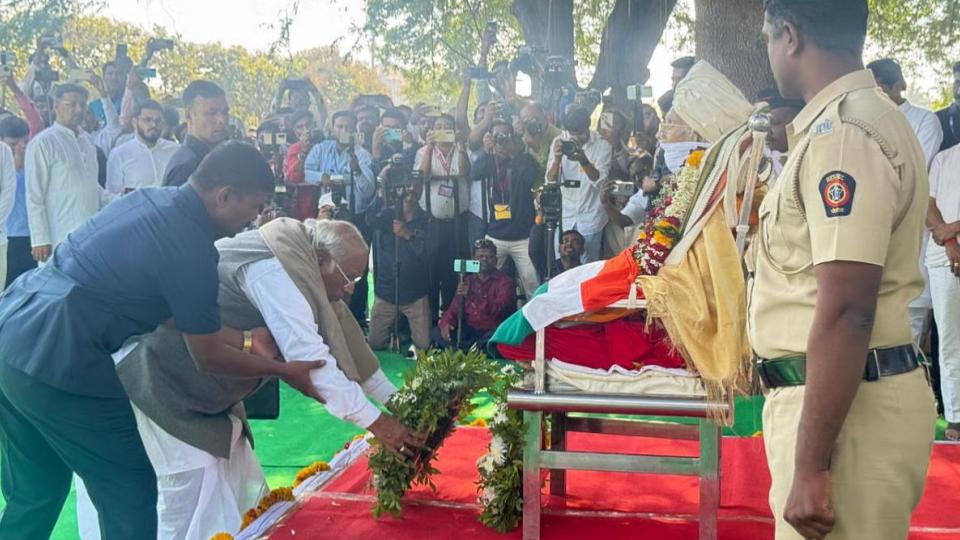
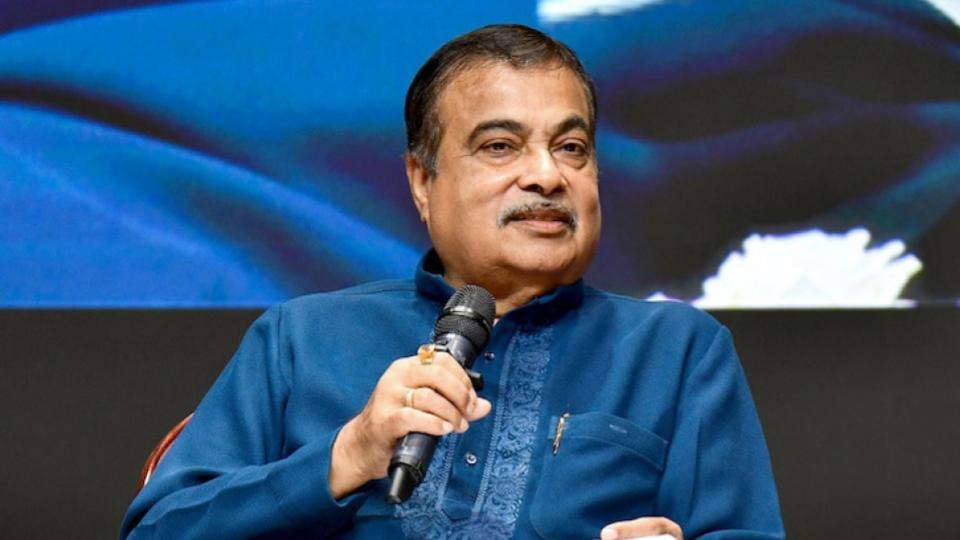
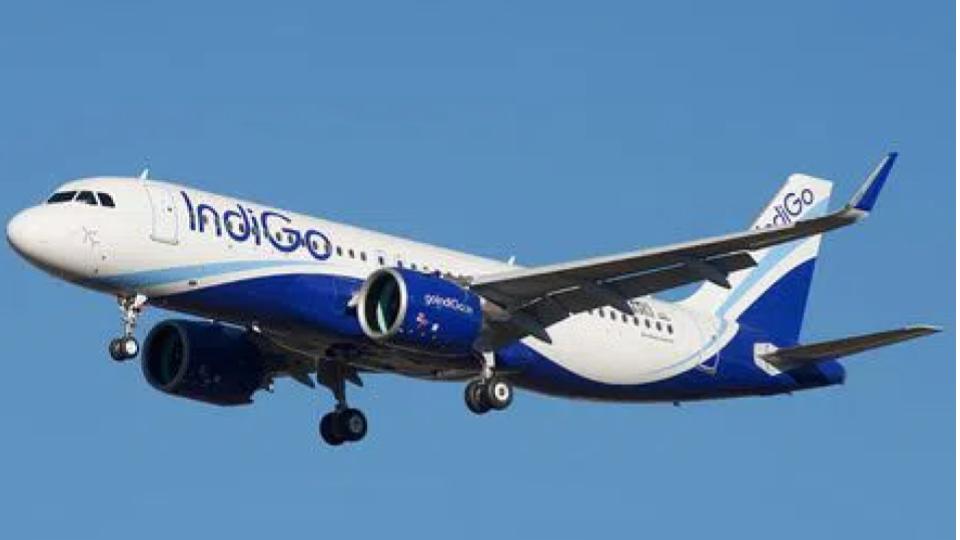
.jpg)
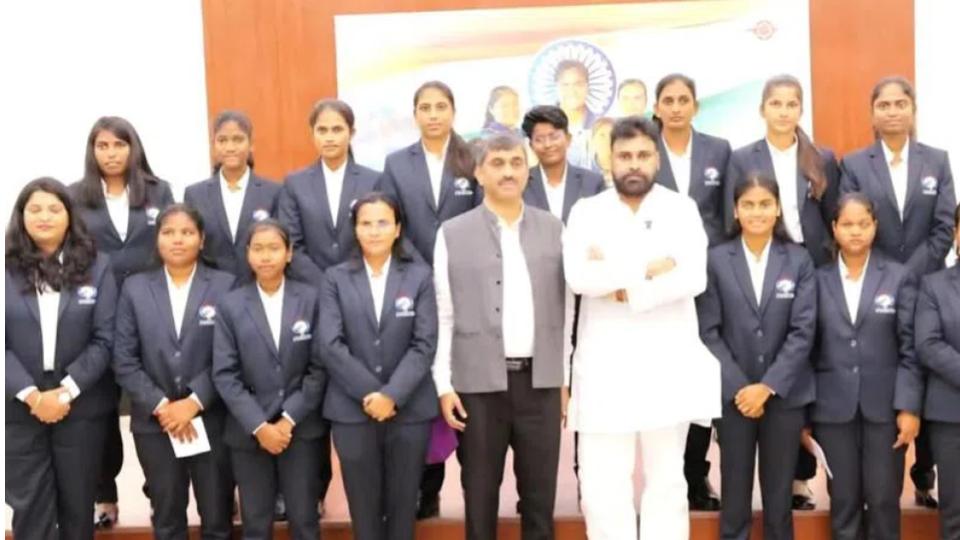
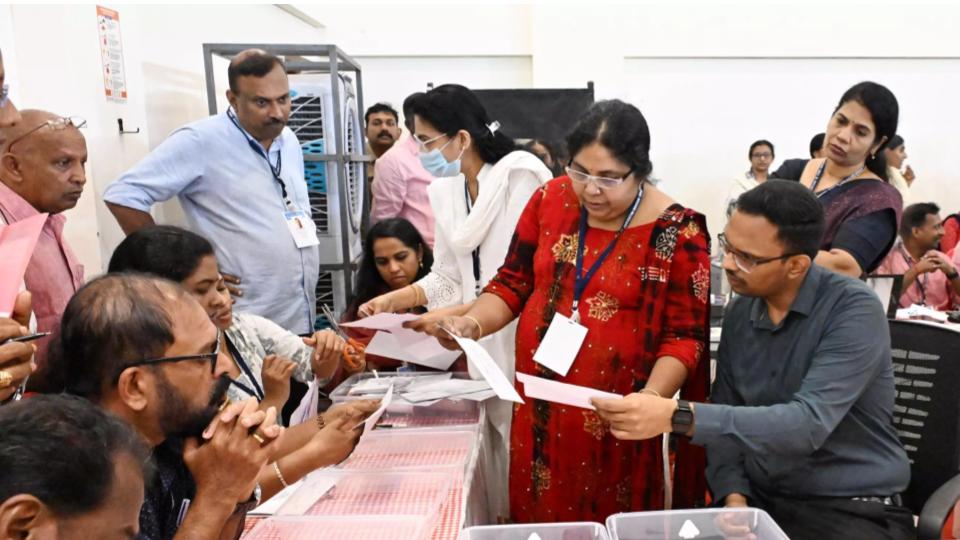
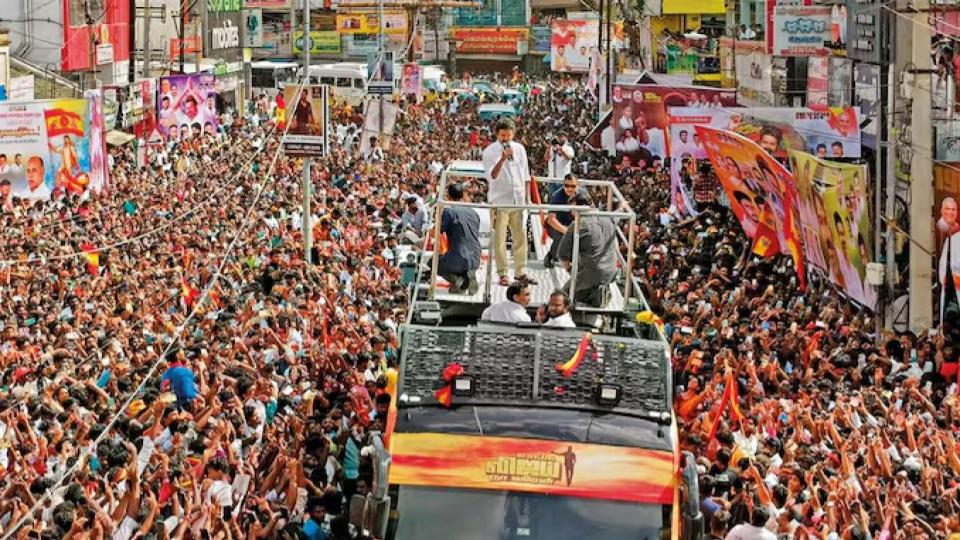
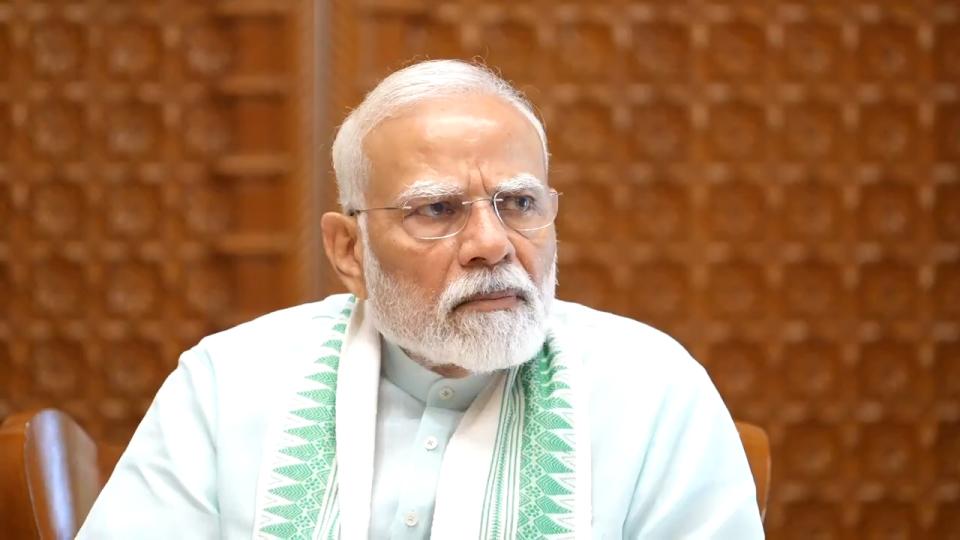
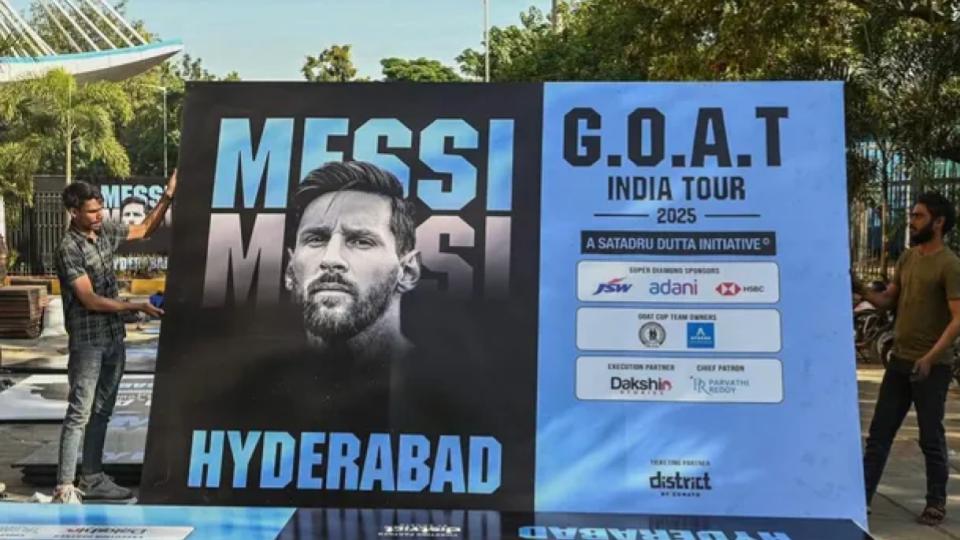
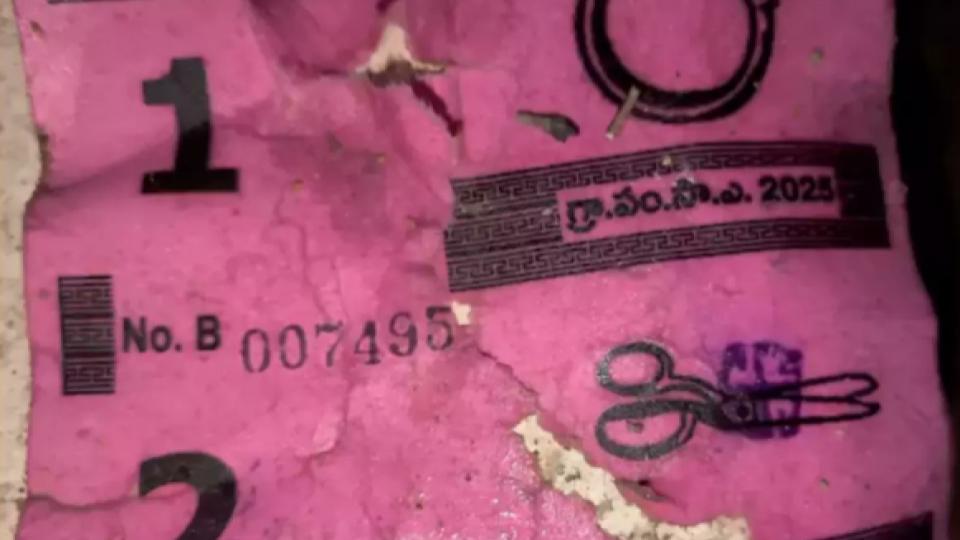
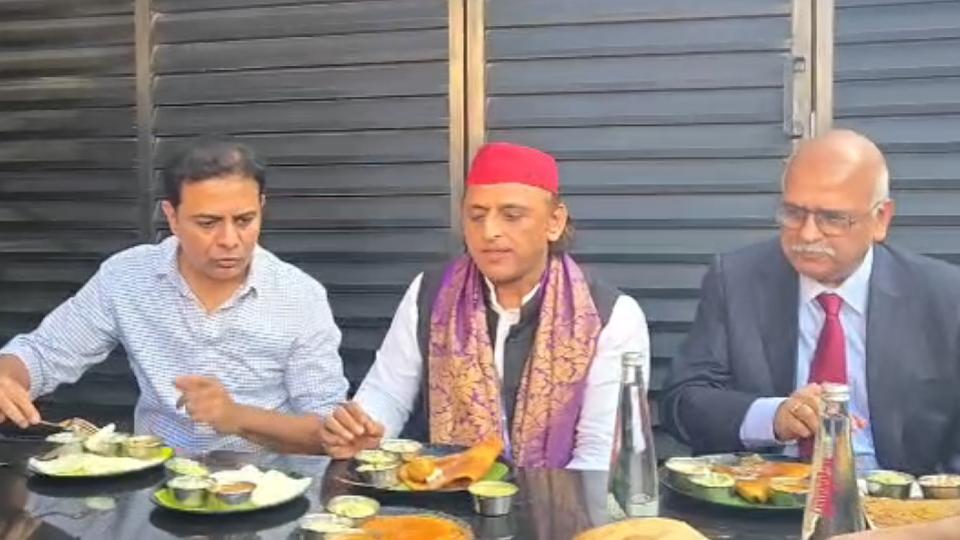
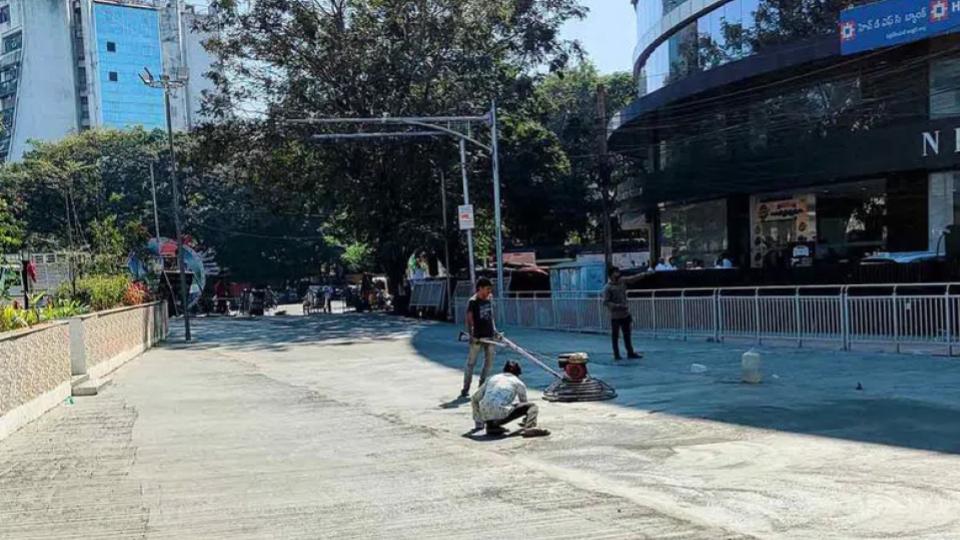

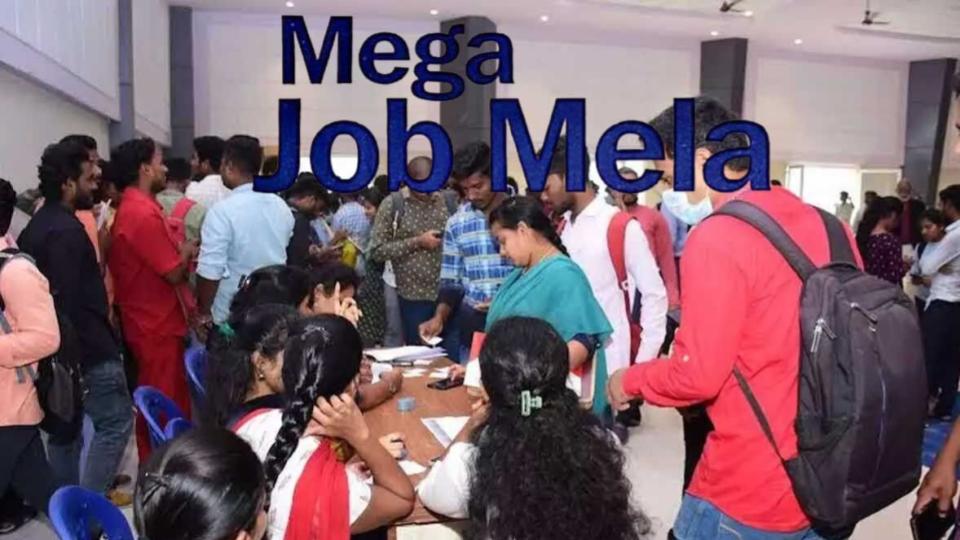
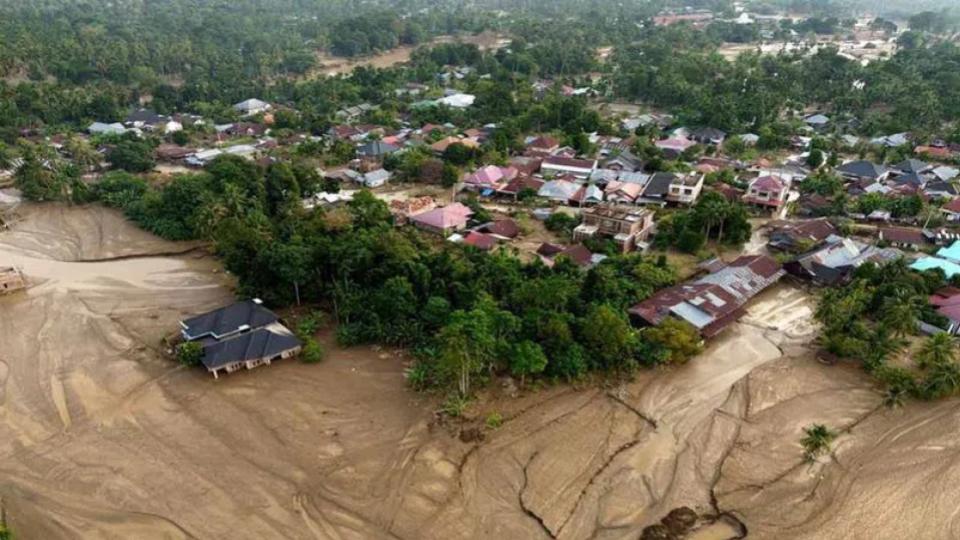
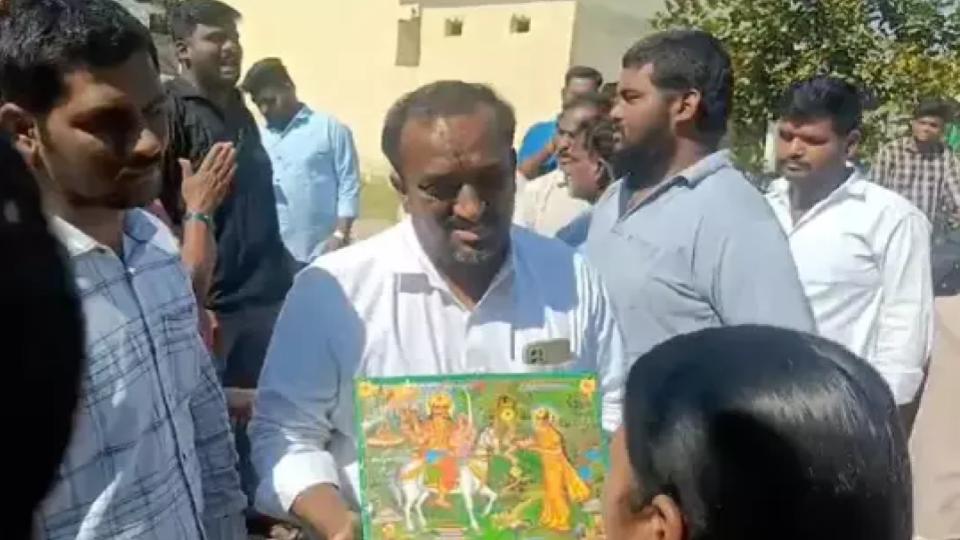

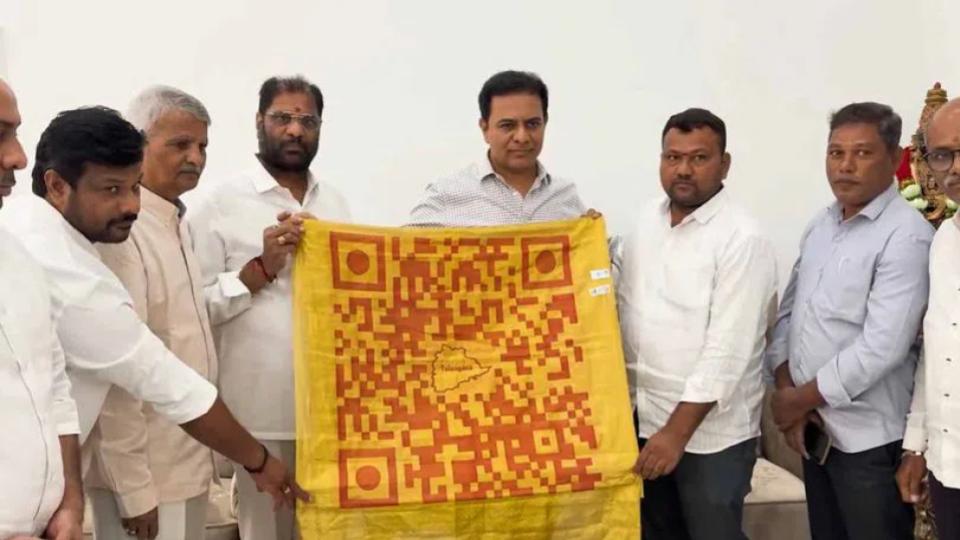
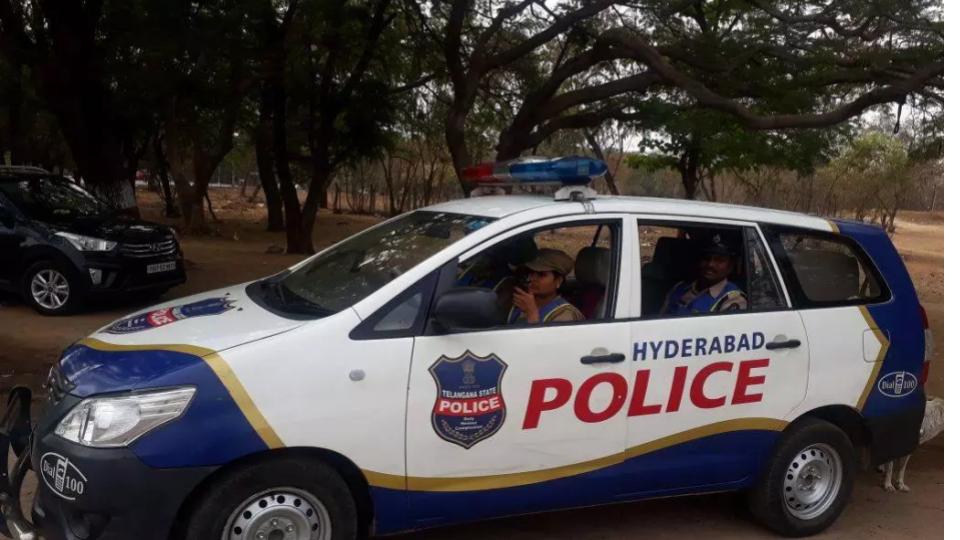
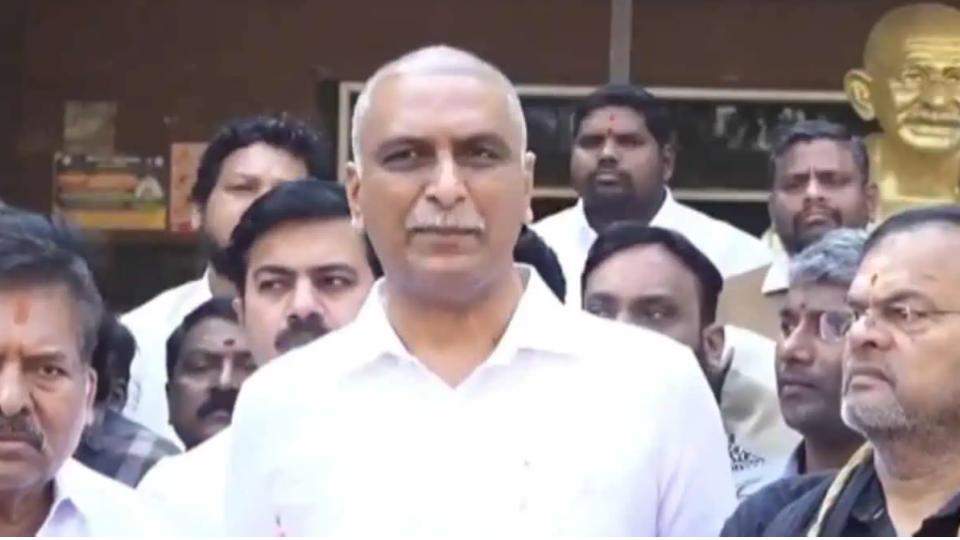











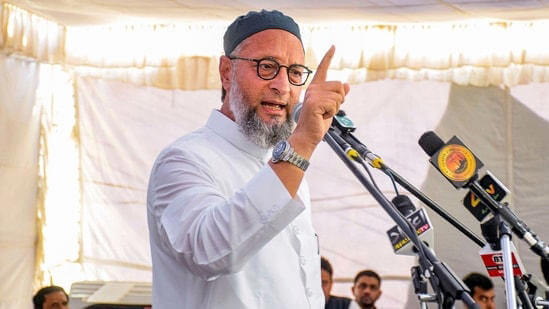
.jpg)
.jpg)
.jpg)


